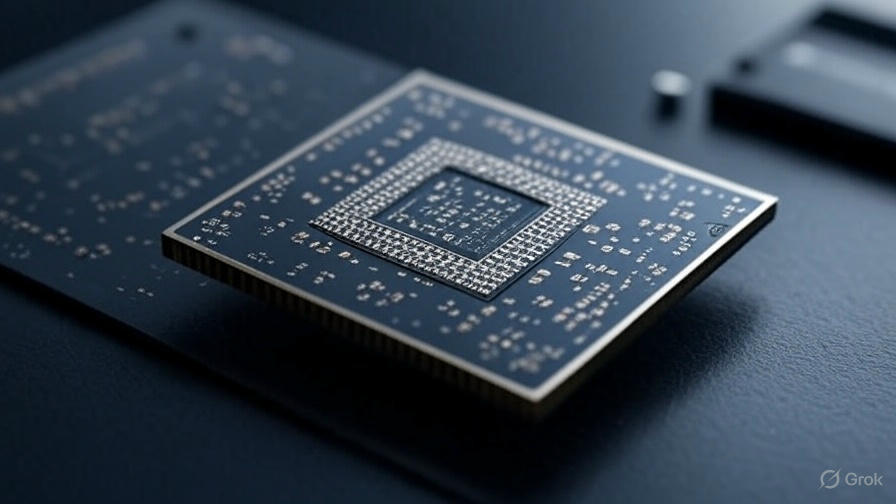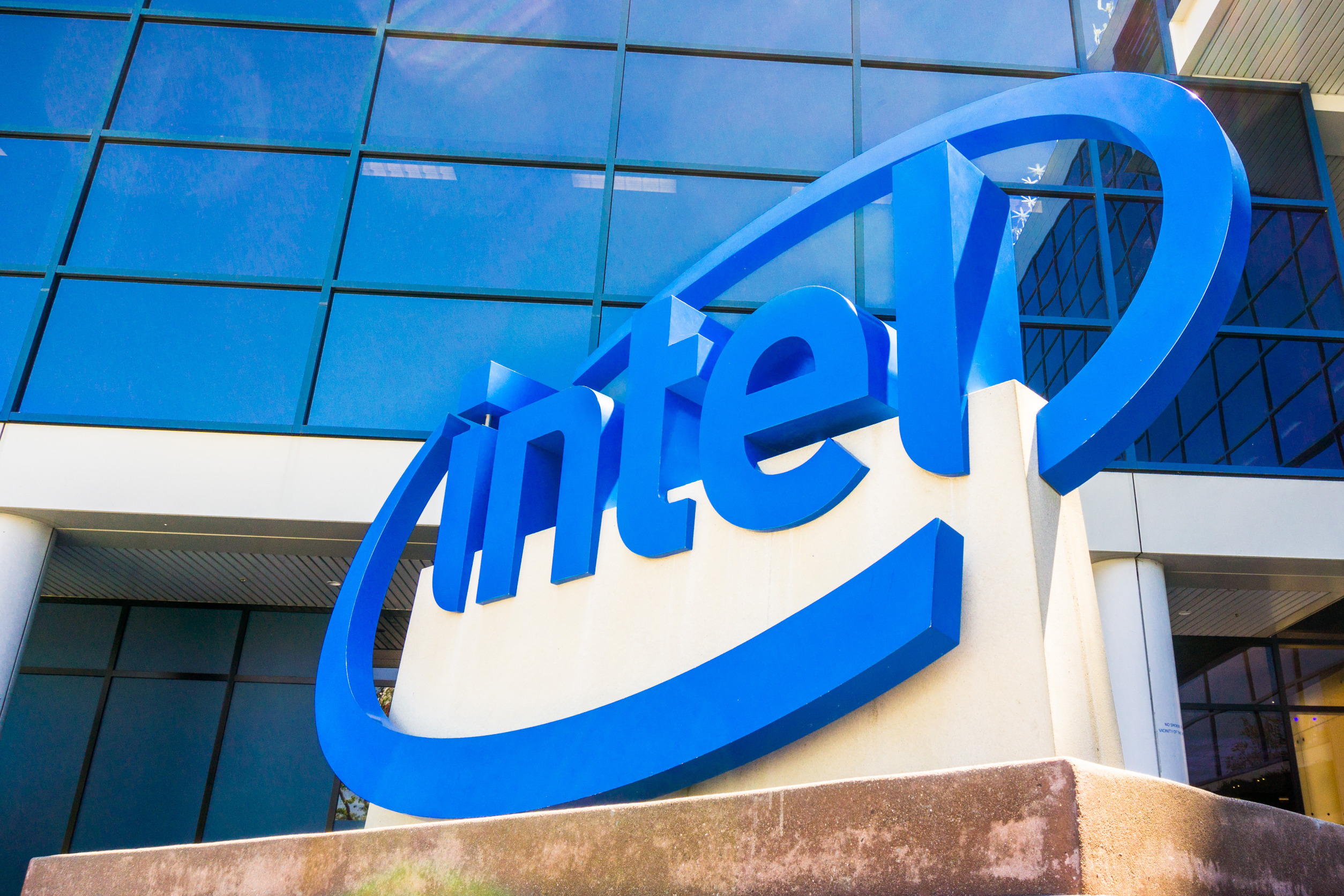How much time does Apple have to figure out its AI strategy?

As major tech players double down on artificial intelligence investments, Apple’s relative silence in the space is raising concerns among analysts and investors.
While companies like Microsoft, Google, and Meta are building massive data centers and showcasing AI-first devices, Apple’s approach remains notably reserved, despite growing pressure to assert itself in the rapidly evolving AI landscape.
Apple lags behind Magnificent Seven peers in 2025
Apple is currently the second-worst performer among the “Magnificent Seven” mega-cap tech stocks this year, with Apple shares down over 15% as of Tuesday’s close.
Only Tesla has fared worse, with a 20% decline year-to-date.
The lack of clarity around Apple’s artificial intelligence roadmap is emerging as a key overhang for investors.
The company delayed its next-generation Siri upgrade until at least 2026, missing a critical window as rivals accelerate their AI offerings.
Analysts such as TD Cowen’s Krish Sankar believe Apple still has time to develop a compelling solution, estimating about 18 months before it risks losing competitive ground.
He maintains a “buy” rating on the stock.
Meanwhile, Apple’s former design chief Jony Ive sold his AI-focused startup IO to OpenAI for $6.5 billion in May.
OpenAI CEO Sam Altman confirmed that the company is working on new AI hardware, a move viewed as further highlighting Apple’s relatively passive stance.
Apple Intelligence launch falls short of expectations
In mid-2024, Apple unveiled a suite of generative AI features under the branding “Apple Intelligence,” including email summarization, emoji generation, and a visual overhaul of Siri.
However, the flagship functionality, a smarter, more capable Siri, was delayed until 2026.
Analysts had initially hoped these upgrades would drive a so-called “super cycle” of iPhone purchases, but that surge in demand has yet to materialize.
According to Visible Alpha Research analyst Melissa Otto, consumer enthusiasm for AI features hasn’t translated into significant device upgrades.
A Consumer Intelligence Research Partners poll found that just 13% of iPhone buyers cited new features, including AI, as their reason for upgrading.
Instead, most purchases were driven by hardware necessity.
Nevertheless, Apple is expected to report strong fiscal Q3 results, with FactSet projecting $40 billion in iPhone sales and 11% growth in its services division, totaling an estimated $26.8 billion.
These core strengths are providing a buffer against investor concerns for now.
Competition ramps up, but iPhone’s moat still holds
Apple’s main competition in AI hardware appears to be forming along two lines: Google’s Android ecosystem and new AI-centric form factors from OpenAI and startups.
Google has embedded its Gemini assistant into Android, enabling advanced functionality like app control and dynamic task creation, capabilities that Siri currently lacks.
Still, Google CEO Sundar Pichai noted that smartphones will remain central to users’ digital lives for at least another two to three years.
Meanwhile, OpenAI has not disclosed a timeline for its hardware launch, which Deepwater Asset Management’s Gene Munster believes could begin rollout by 2026.
Apple’s integrated ecosystem, including iPhones, Macs, and the Apple Watch, continues to secure strong customer loyalty.
But as the AI race accelerates, analysts like Needham’s Laura Martin warn that Apple must act quickly or risk losing its grip on the high-end smartphone market.
While Apple has time, the clock is ticking.
The post How much time does Apple have to figure out its AI strategy? appeared first on Invezz



